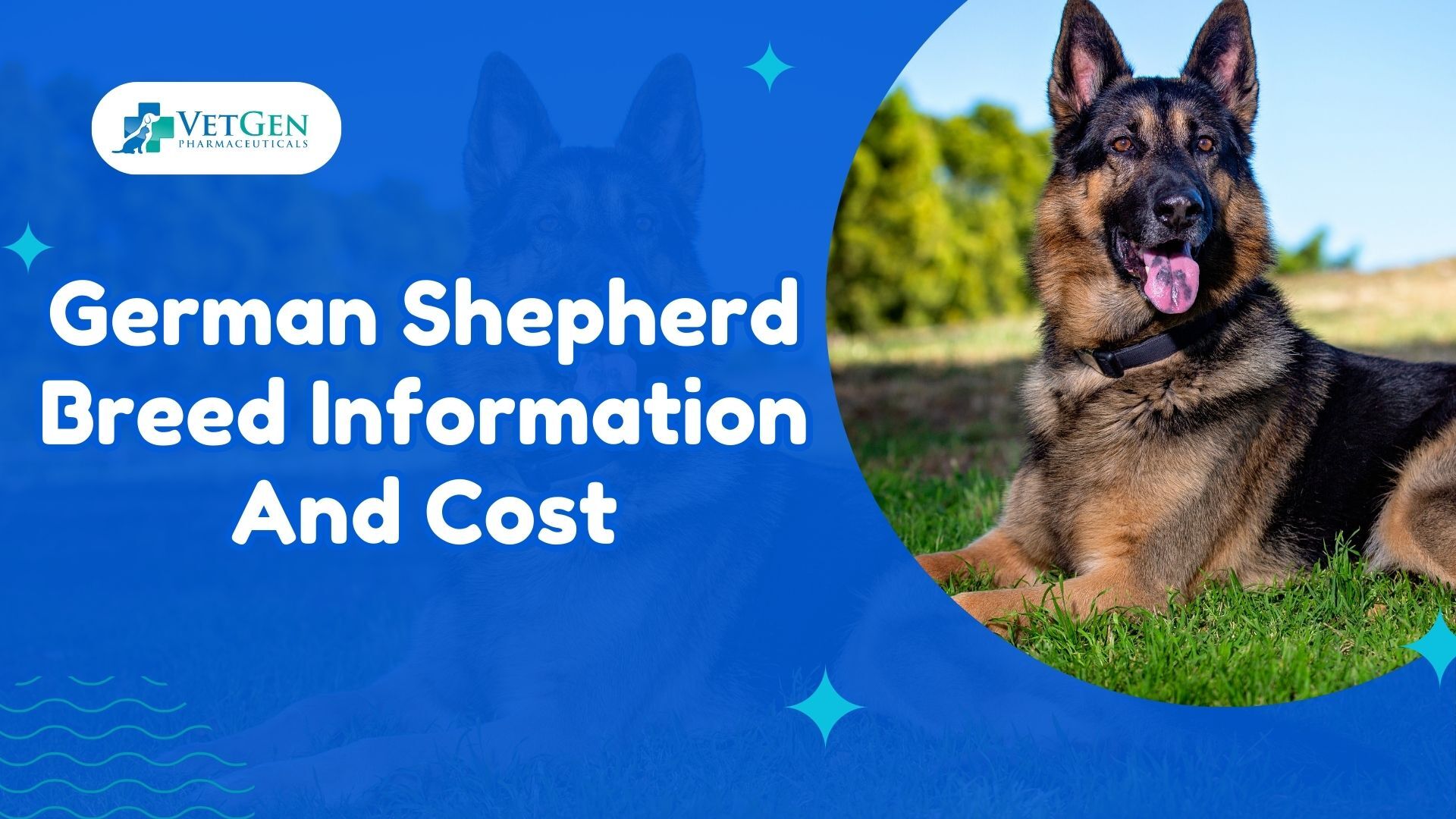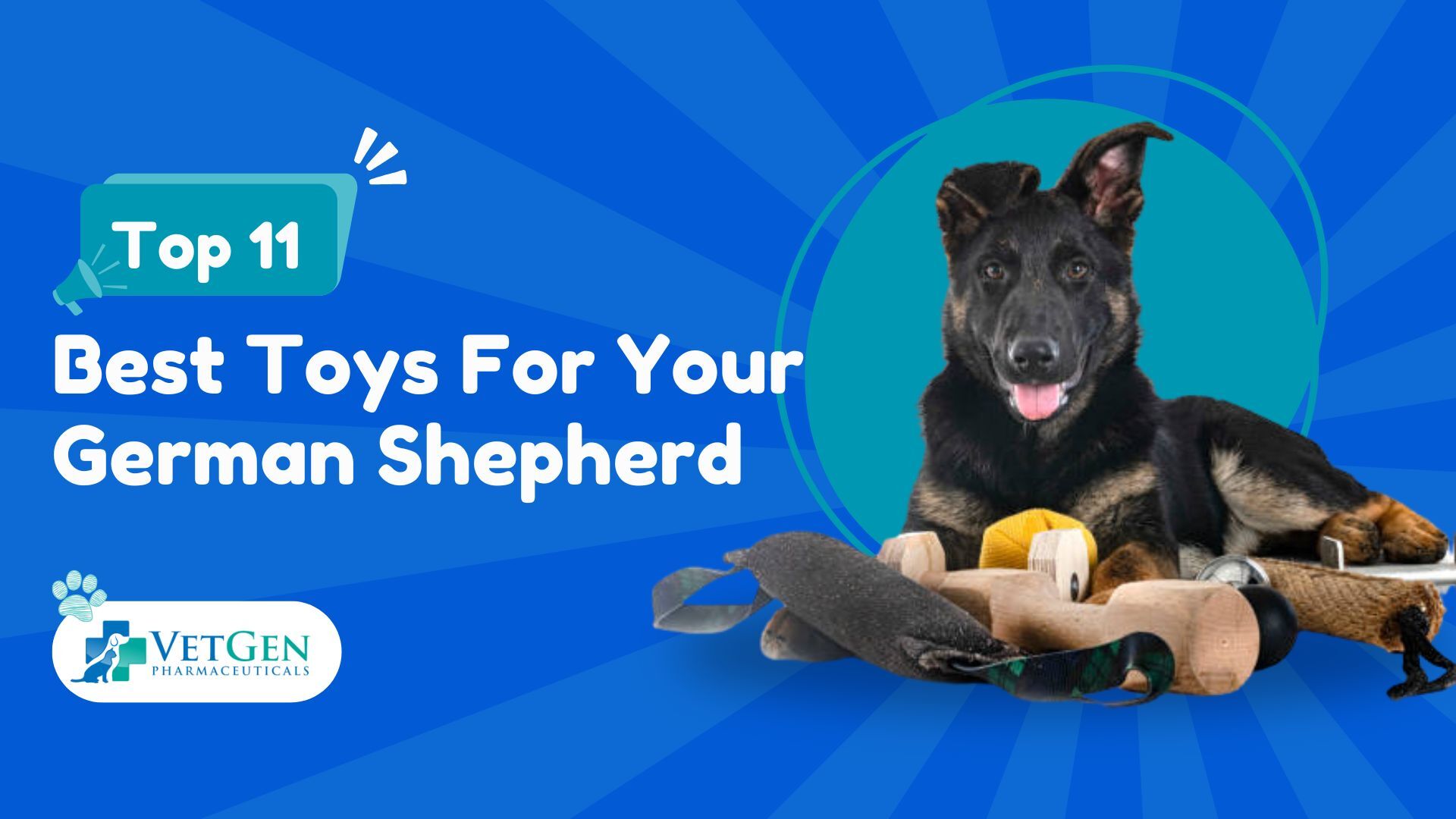Table of Contents
German Shepherds are among the most famous breeds of dogs in the world because of their intelligence and obedience as well as versatility. But to have one in your home is a big decision that needs to be made carefully.
Here are seven things that you should know before getting a German Shepherd.
1. German Shepherds are Highly Intelligent and Trainable
An important feature of the breed is intelligence. They are among the smartest dogs and are great at understanding and are quick to obey commands and are also good at solving problems. This makes them well suited for police work, search and rescue and service work.
However, they are smart creatures and they too need their heads to be exercised as well as their legs. A dog, particularly a German Shepherd that is left alone for many hours will turn into a destructive dog which chews or barks. They should be encouraged to participate in activities like obedience, toys, challenges, or agility.
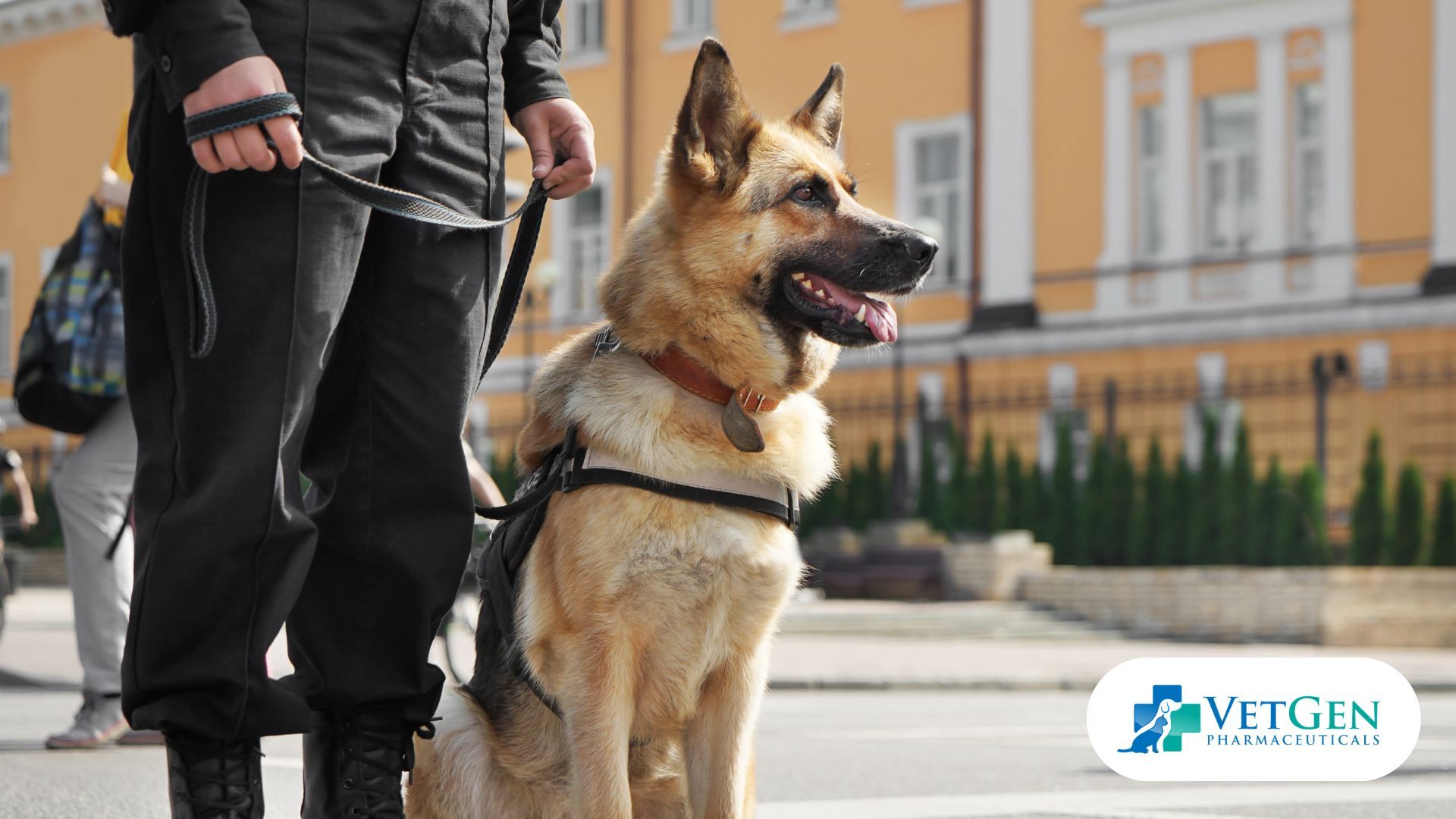
2. German Shepherds Require Regular Exercise
German Shepherds are working dogs and they need many exercises. They have to go out to work each day so that they can be healthy and happy. A simple walk in the neighborhood will not suffice; they need vigorous activities such as running, chasing a ball or even swimming.
If they are not exercised enough, the German Shepherds will become bored and have behavioral issues. One of the things to know before getting a German Shepherd is to ensure that you are willing to spend time and energy meeting their exercise needs.
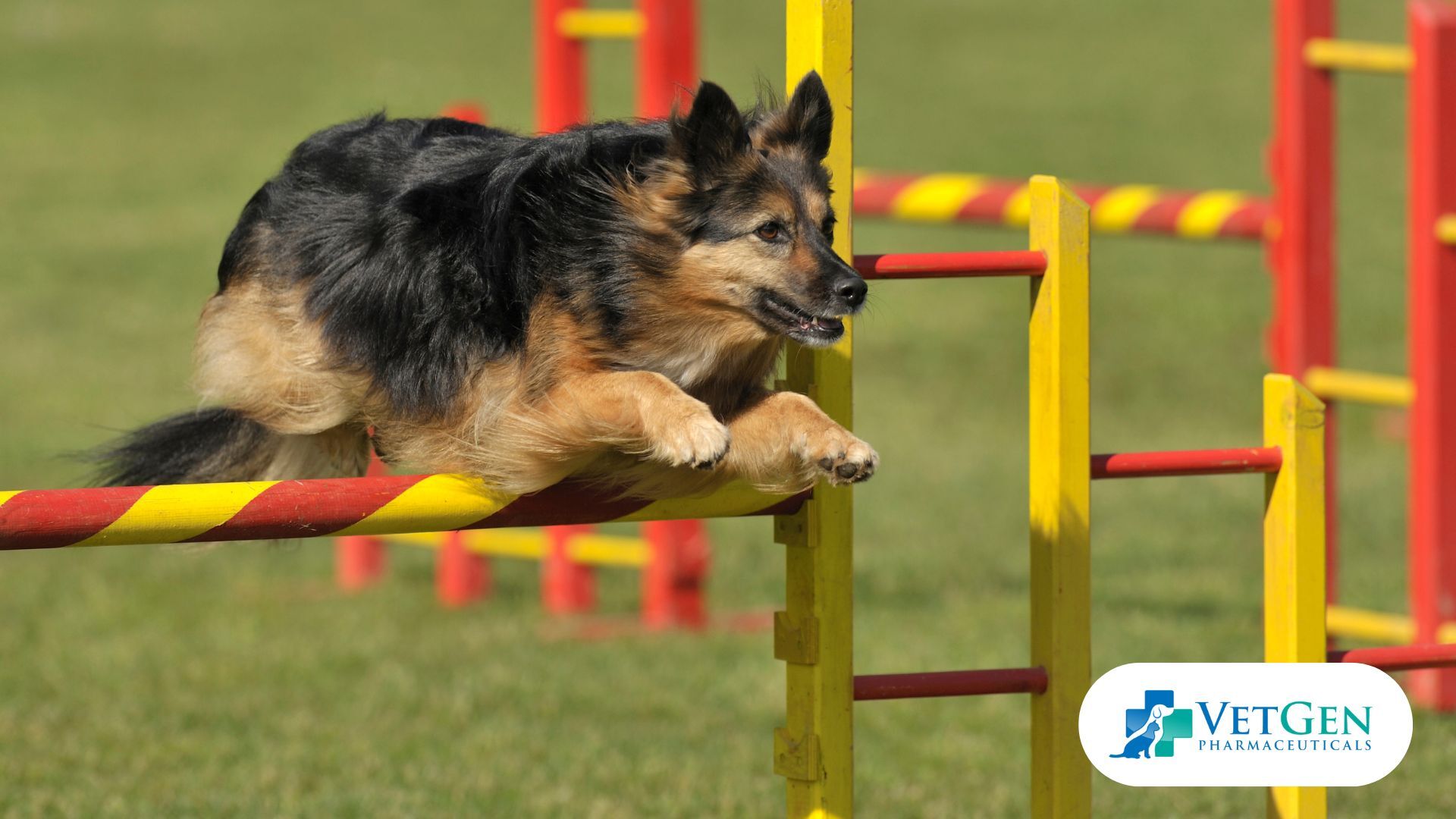
3. They Are Loyal and Protective
The German Shepherds are one of the most loyal breeds that exist. They are loyal to their families and are by nature protective so they are good guard dogs. But this protective behavior may be directed to strangers or other animals if the dog is not trained.
Socialization is good for your German Shepherd and should be done from an early age to ensure that your dog grows to be a well-rounded one. This makes them more stable and not easily provoked by new conditions as they have been conditioned to.
4. German Shepherd Shed a Lot
If you are planning to adopt a German Shepherd, then be prepared to have your house filled with fur. Contrary to what most people believe, German Shepherds are actually heavy shedders, especially during spring and autumn. They have a double coat: The breed has a soft, dense undercoat and a rough outer coat, and both are shedders.
This is because they lose a lot of hair, and this has to be controlled through grooming. They should be brushed at least two to three times a week to reduce shedding in German Shepherds and keep the coat healthy. A good vacuum cleaner will also be a great investment.
5. They are More Vulnerable to Some Diseases
Like all the other breeds of dogs, German Shepherds are also vulnerable to some diseases or health complications. Hip and elbow dysplasia are common, and this leads to arthritis and lameness as they age. They are also prone to a disease called degenerative myelopathy, which is a disease of the spinal cord that is progressive.
These risks can be reduced by taking the pet for a check-up with the veterinarian, feeding it well, and exercising it. It is also important to choose a breeder who tests for hereditary diseases to reduce the chances of diseases.
6. They Thrive on Structure and Leadership
German Shepherds are herding dogs that look for a leader to follow in the pack. If they are not directed well they may become stressed or become aggressive and this leads to more cases of misconduct. The hierarchy must be established and training and rules and boundaries must be consistent.
This breed best responds to reward-based training. They quickly respond to calls and are quickly encouraged by food rewards, verbal encouragement, and toys for compliance in return for misbehavior. Do not use physical punishment because it erodes their trust and instead makes the situation even worse.
7. They Need a Purpose
The German Shepherds were bred primarily for tending to stock and working with other people. They thrive when given a position or a job to do. Regardless of whether they are participating in obedience trials, therapy, or even doing simple tasks around the house, they need to have a job.
If you are not going to give them a specific job to do, ensure that they have enough things to occupy their minds and their hands. If they do not have a purpose, they may become uninterested and angry.
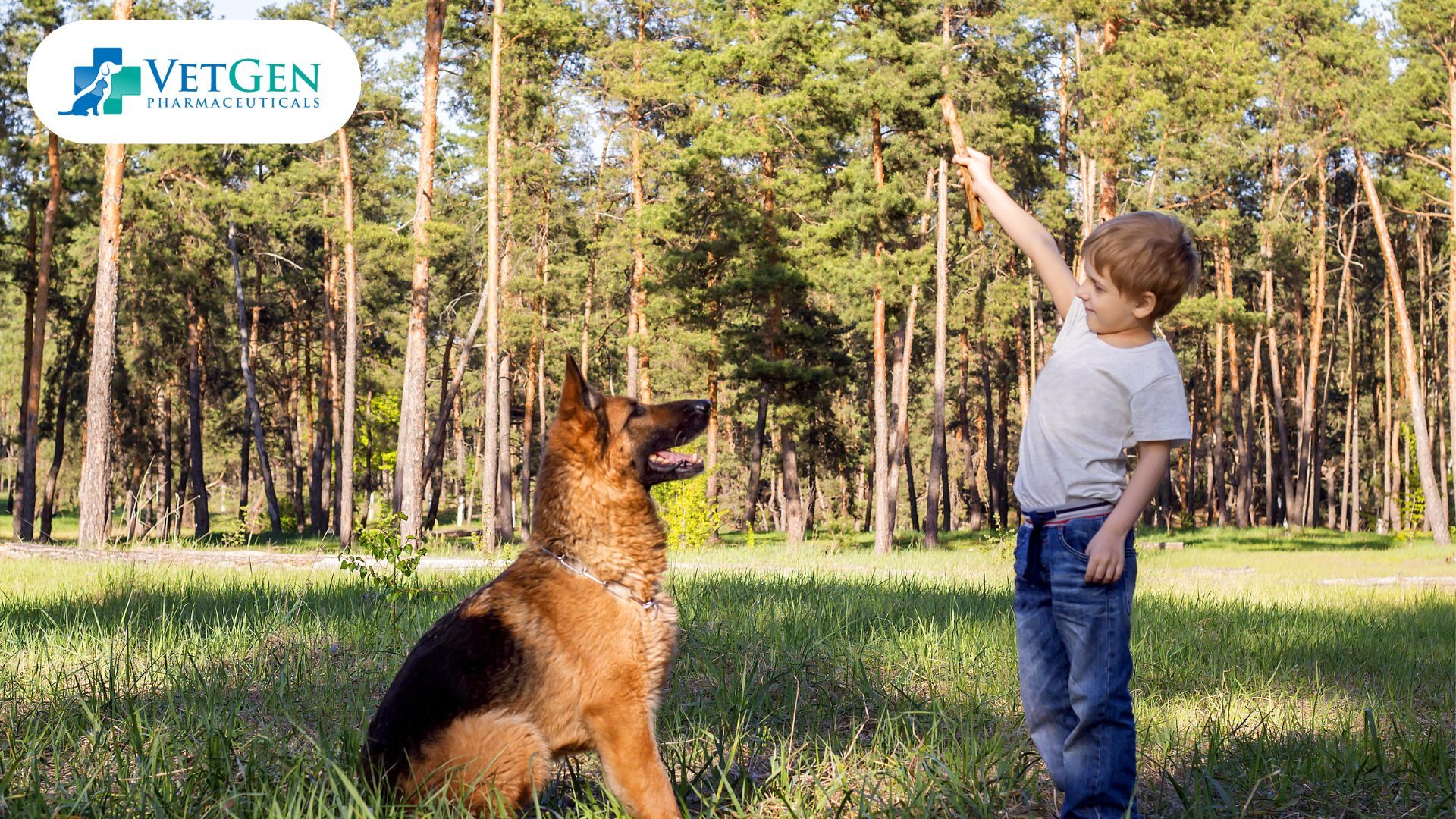
Conclusion
It is one of the most rewarding things that you can do, but it should not be done on a light-hearted basis. They are smart, devoted, and lively, thus, they are good friends, but they require much time, money, and effort. If you know before getting a German Shepherd, you will be well-armed to make sure that it gets the best home it deserves.
Frequently Asked Questions
1. Do German Shepherds like children?
Indeed, German Shepherds are good family dogs. When trained and taken through the right socialization, they are protective and gentle with children. But always monitor the interaction especially when the child is young, to avoid any harm to the child or the dog.
2. How active is a German Shepherd, and how many minutes of exercise per day should it get?
A German Shepherd needs at least 1-2 hours of exercise every day. This can be strolls, free moving, or even rigorous exercises such as running through obstacles. It keeps them physically healthy and prevents them from developing behavioral issues by engaging in exercise.
3. What should I feed my German Shepherd?
A healthy diet that meets the child’s age, weight, and activity level should be taken. They can be fed with good quality commercial dog food or a homemade diet recommended by the veterinarian. It is always advisable to seek advice from your vet in regard to feeding your dog.
4. How often should I groom my German Shepherd?
German Shepherds require brushing at least two to three times a week to control shedding and keep the coat shiny. In some cases, it may be necessary to brush the coat every day, especially when the animal is molting. It also minimizes the fur shed in the house since the German Shepherd is well-groomed.
5. What health problems are common in German Shepherds?
Yes, they are, but they are also susceptible to diseases such as hip and elbow dysplasia, degenerative myelopathy, and bloat in dogs. These health issues can be prevented or well managed through; taking your pet for routine check-ups, feeding your pet on a healthy diet, and exercising your pet well.







